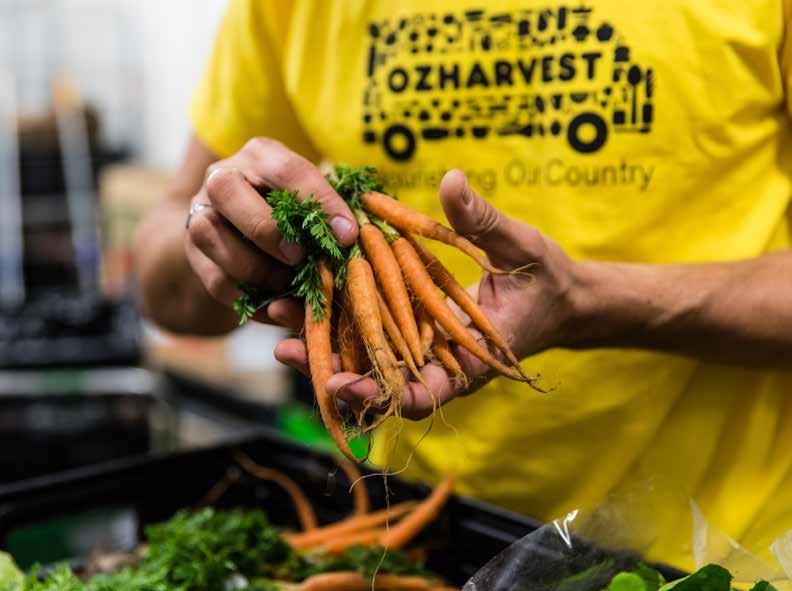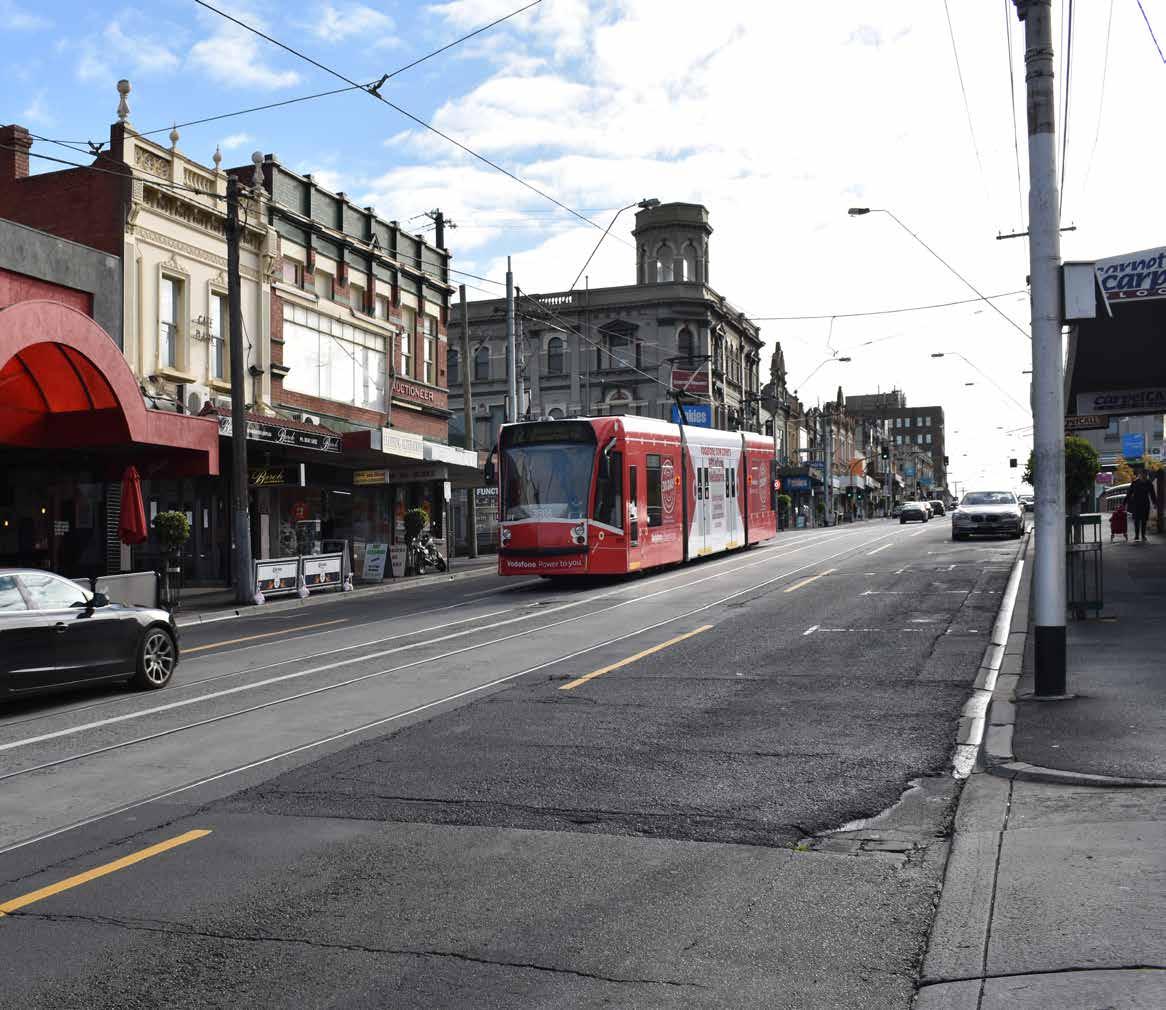
3 minute read
WASTE NOT
Photo: Nikki To
Food waste costs Australian households thousands every year and is a major greenhouse gas emitter, but there are simple ways to reduce your impact.
Advertisement
Food waste is a major challenge in Australia, costing households thousands of dollars every year and placing enormous pressure on the environment. At home, we waste 298kg of food per person every year, making us one of the top five food-wasting countries in the world, according to the National Food Waste Baseline. “Food waste is a really big problem in Australia and it’s a problem across many levels,” said Annika Stott, sustainability strategist at food rescue organisation OzHarvest. Wasting food is a costly business, with households binning between $2,200 and $3,800 worth of groceries every year. But food waste is not only a drain on the family purse, it’s also a serious environmental problem. “Food production takes a huge amount of water, energy, land and other precious resources that go into food that is never eaten,” Ms Stott said. “For example, throwing away one hamburger wastes the same amount of water as leaving the shower running for 90 minutes.” On top of squandering valuable materials, food waste is a major greenhouse gas emitter. Ms Stott said most food waste was sent to landfill, where it slowly rotted and emitted methane. In fact, food waste is responsible for eight per cent of greenhouse gas emissions globally, which is greater than the entire aviation sector. The total impact of food waste on the environment is so big that the World Economic Forum estimates that it is six times more damaging than plastic. While restaurants, farms and other food businesses throw away plenty of food, households are responsible for a third of all food waste in Australia every year. To fix our broken food system, organisations like OzHarvest and Foodbank have been encouraging people to think harder about food and how they handle it. “It’s all about reconnecting people to the value of food and making not wasting food a social norm,” Ms Stott said. “It’s about looking at what you have before you go shopping so you don’t buy extra, buying only what you need, storing food correctly and cooking up what you have.” Ms Stott said there were simple hacks to reduce food waste around the home such as dedicating a shelf in the fridge to food that needs to be eaten and remembering to freeze items before they go out of date. Here in the City of Boroondara, the council is tackling food waste by rolling out a new food and garden waste collection service from May. Food and garden waste will be composted into mulch and soil conditioner products instead of going to landfill, where it would rot and create harmful greenhouse gases. The move comes as food and garden waste makes up more than half the contents of the average Boroondara waste bin. As part of the new service, Boroondara residents will receive a new 120 litre green waste bin, as well as a benchtop kitchen caddy and compostable bags. Residents who already have a garden waste bin will be able to throw food waste into that bin. As our food system strains under the pressure of climate change, population growth and other issues, tackling food waste at home is something we can all do to play our part and feel more empowered.

OzHarvest
TIPS FOR REDUCING FOOD WASTE
LOOK
• Look at what you have
• Check use-by dates
• Plan your meals.
BUY
• Buy only what you need
• Make a shopping list at home
• Avoid the deals.
STORE
• Store food in airtight containers
• Keep fruit and vegetables in the fridge
• Freeze food near its use-by date.
COOK
• Cook with what you have
• Use up all ingredients
• Repurpose your leftovers.
For more tips, visit: ozharvest.org/fightfoodwaste

Annika Stott, sustainability strategist at food rescue organisation OzHarvest
OzHarvest





